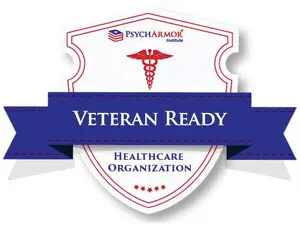LSD: Non-addictive? Still Dangerous.
The Effects and Dangers of Prolonged LSD Use
In the 1960s, Timothy Leary encouraged an entire generation to “Turn on, Tune in, and Drop out.” This was in reference to the drug Lysergic acid diethylamide, better known as LSD. Discovered in the 1930s as a possible treatment for psychiatric disorders, it gained recreational popularity and became a key element in 60s counterculture. Many took LSD to expand the mind and experience hallucinations that were considered spiritual journeys.
Today, LSD is found mostly in large cities such as Los Angeles (CA), New York (NY), Philadelphia (PA), Detroit (MI), Austin (TX), Portland (OR), Etc.. That is not to say that it is uncommon in less populated areas. Commonly known as “Acid,” LSD use is found to be highest amongst high school students and the effects can be devastating. LSD is sold on the street in tablets, capsules, and, occasionally, liquid form. It is odorless, colorless, and has a slightly bitter taste and is usually taken by mouth. Often LSD is added to absorbent paper, such as blotter paper, and divided into small decorated squares, with each square representing one dose. The doses today, while much less than those distributed in the 60s, can cause severe reactions such as fear and anxiety, long-lasting psychoses, and sometimes severe depression. In some instances, someone abusing LSD can experience a “bad trip,” which can lead to the user hurting themselves or those around them. Such behavior is unpredictable and can result in serious consequences, even death.
While LSD is considered to be non-addictive, many can fall into using it habitually in order to experience “heightened” levels of thought and spirituality. Here at Seabrook, we know about the risks associated with LSD use and have the tools necessary to help you or a loved one kick the habit. Please utilize the questionnaire on the “Contact Us” page to see if you may be dependent on the use of LSD, or call us at (888) 223-0298 to further discuss Seabrook’s treatment options.



